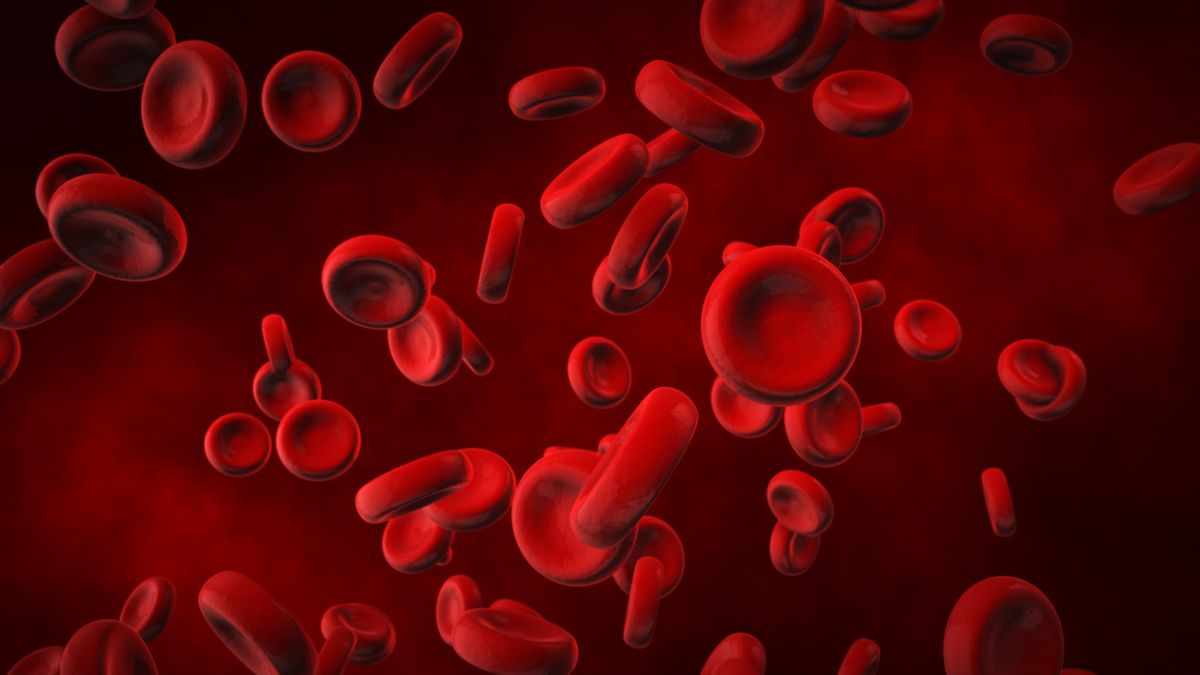Targeted Therapies Prolong Survival in Military Veteran CLL Population
Findings from a retrospective study highlight an increase in the use of targeted agents like ibrutinib from 1998 to 2020 for American military veterans with chronic lymphocytic leukemia.
“In United States veterans, first-line treatment of CLL with targeted therapies was associated with longer OS compared [with] those treated with chemotherapy or monoclonal antibodies but not chemoimmunotherapy,” according to the study authors.

The use of frontline targeted agents such as Bruton tyrosine kinase (BTK) inhibitors and BCL-2 inhibitors correlated with an improvement in overall survival (OS) among American military veterans with chronic lymphocytic leukemia (CLL) compared with chemotherapy and monoclonal antibodies but not chemoimmunotherapy, according to findings from a retrospective study.
Investigators reported a median OS of 6.1 years (95% CI, 5.7-6.4) with chemoimmunotherapy, 5.5+ years (95% CI, 5.1-not reached [NR]) with targeted agents, 4.6 years (95% CI, 3.8-5.2) with monoclonal antibodies, and 3.6 years (95% CI, 3.4-3.8) with chemotherapy. Veterans who received chemoimmunotherapy appeared to be significantly younger than those who received other types of therapies (P <.001).
Factors that significantly correlated with prolonged survival compared with chemotherapy included receipt of targeted therapies (HR, 0.637; 95% CI, 0.543-0.747; P <.0001), chemoimmunotherapy (HR, 0.803; 95% CI, 0.734-0.870; P <.0001), and monoclonal antibodies per multivariate Cox regression analysis (HR, 0.835; 95% CI, 0.738-0.946; P = .0044). Additionally, any exposure to targeted agents (HR, 0.424; 95% CI, 0.384-0.468; P <.0001) was associated with prolonged survival.
Investigators of this retrospective study assessed how certain types of frontline therapy for CLL may impact survival outcomes among American military veterans. Data gathered in the United States National Veterans Affairs healthcare system between January 1998 and December 2020 were evaluated to compare the efficacy of first-line treatment options among the aforementioned population. Investigators calculated OS from the initiation of treatment until final cutoff. Moreover, a Cox regression analysis included veterans who were treated with targeted agents such as ibrutinib (Imbruvica), acalabrutinib (Calquence), and venetoclax (Venclexta) with or without monoclonal antibodies; chemoimmunotherapy; chemotherapy; and monoclonal antibodies alone.
The study population consisted of 16,331 veterans with a diagnosis of CLL, including 9999 who were untreated and 6332 who received treatment. In the overall veteran population, the median age was 70 years (range, 23-102), and most were male (98%). Additionally, most veterans were White (79%), non-Hispanic (90%), and current or former smokers (61%). For veterans who were treated for CLL, the median time from diagnosis to treatment was 2 years (range, 0-21), and the median age at the time of treatment was 70 years (range, 29-99).
Among veterans who were untreated and those who received treatment, respectively, most were male (98% vs 98%), White (80% vs 77%), non-Hispanic (89% vs 91%), and former or current smokers (60% vs 62%).
Investigators reported that frontline targeted agent use saw an increase from 0% in 1998 to approximately 80% in 2020. Additionally, 1379 veterans received targeted therapies, most of whom were treated with ibrutinib (93%).
Of 4953 veterans who did not receive targeted therapies, most received chemoimmunotherapy (41%; n = 2568). Additionally, 26% (n = 1647) and 12% (n = 738) of those not treated with targeted agents received chemotherapy and monoclonal antibodies, respectively.
“In United States veterans, first-line treatment of CLL with targeted therapies was associated with longer OS compared [with] those treated with chemotherapy or monoclonal antibodies but not chemoimmunotherapy,” the study authors concluded. “Exposure to targeted agents at some time during the course of treatment was associated with longer survival compared to no exposure to these agents.”
Investigators presented these findings at the 2023 Society of Hematologic Oncology (SOHO) Annual Meeting.
Reference
Ma H, O’Brien S, Gupta P. Outcomes of U.S military veterans with CLL treated with different first-line treatments from 1998 to 2020. Presented at: 2023 Society of Hematologic Oncology (SOHO). Annual Meeting; September 6-9, 2023; Houston, TX. Abstract CLL-375.